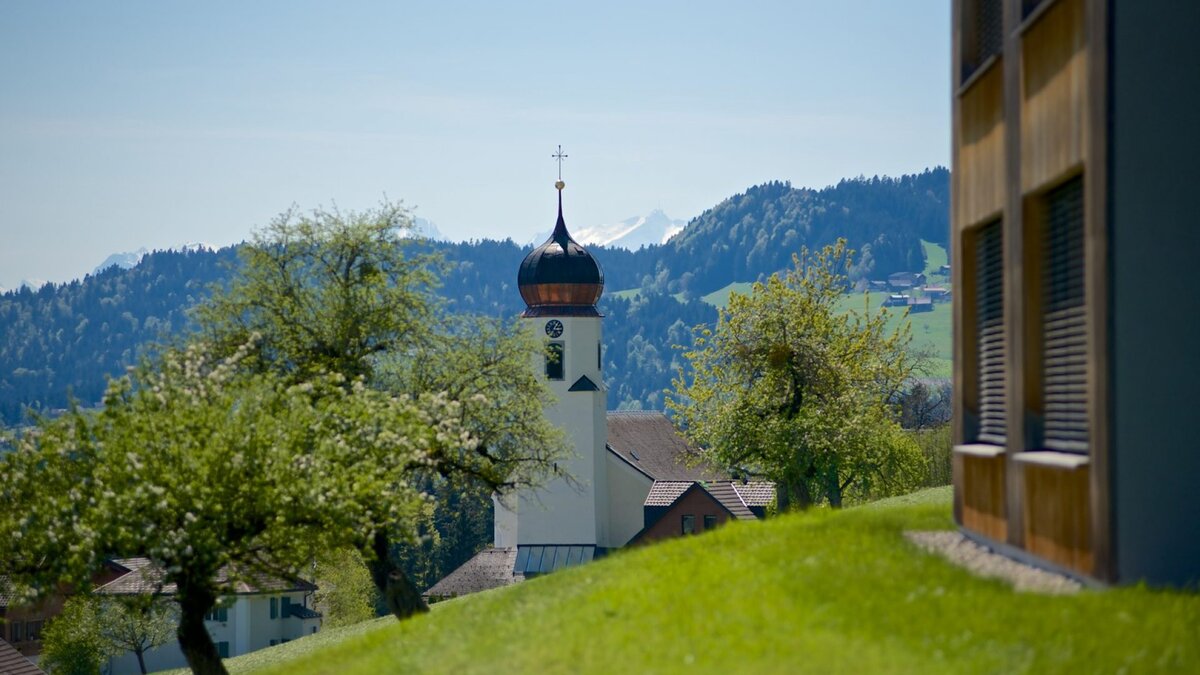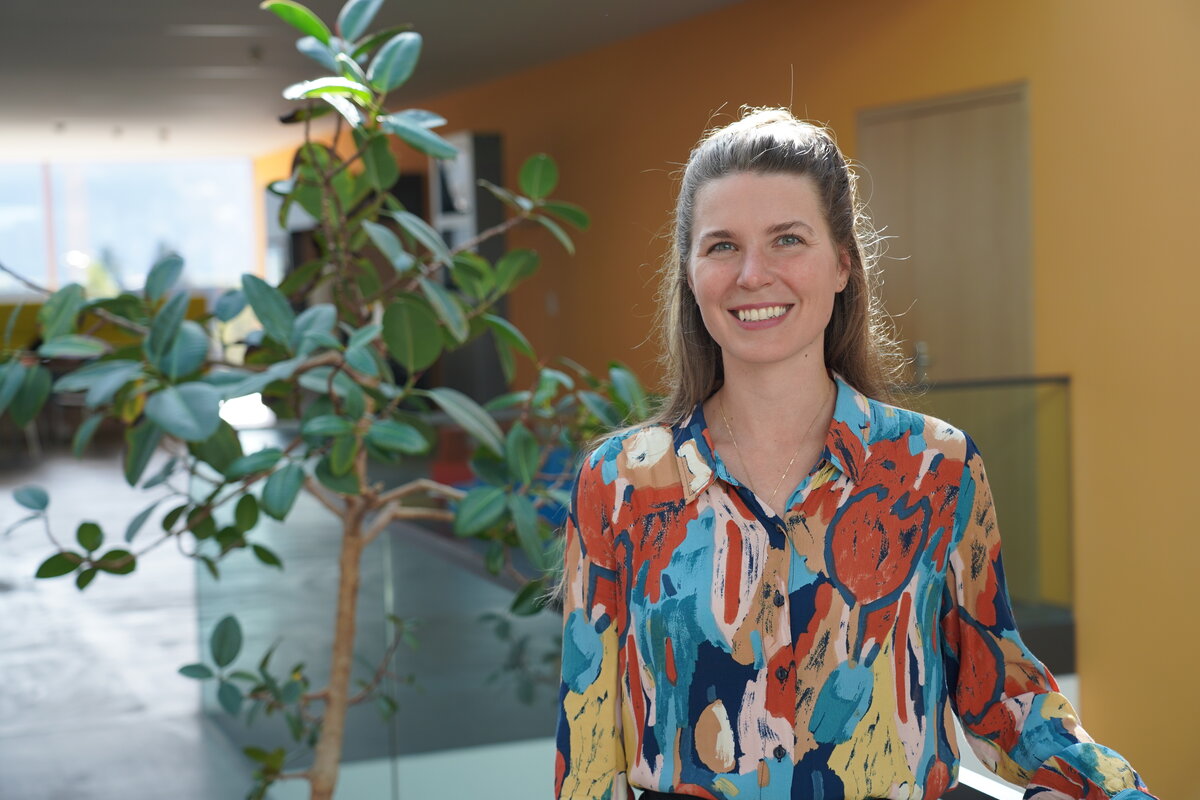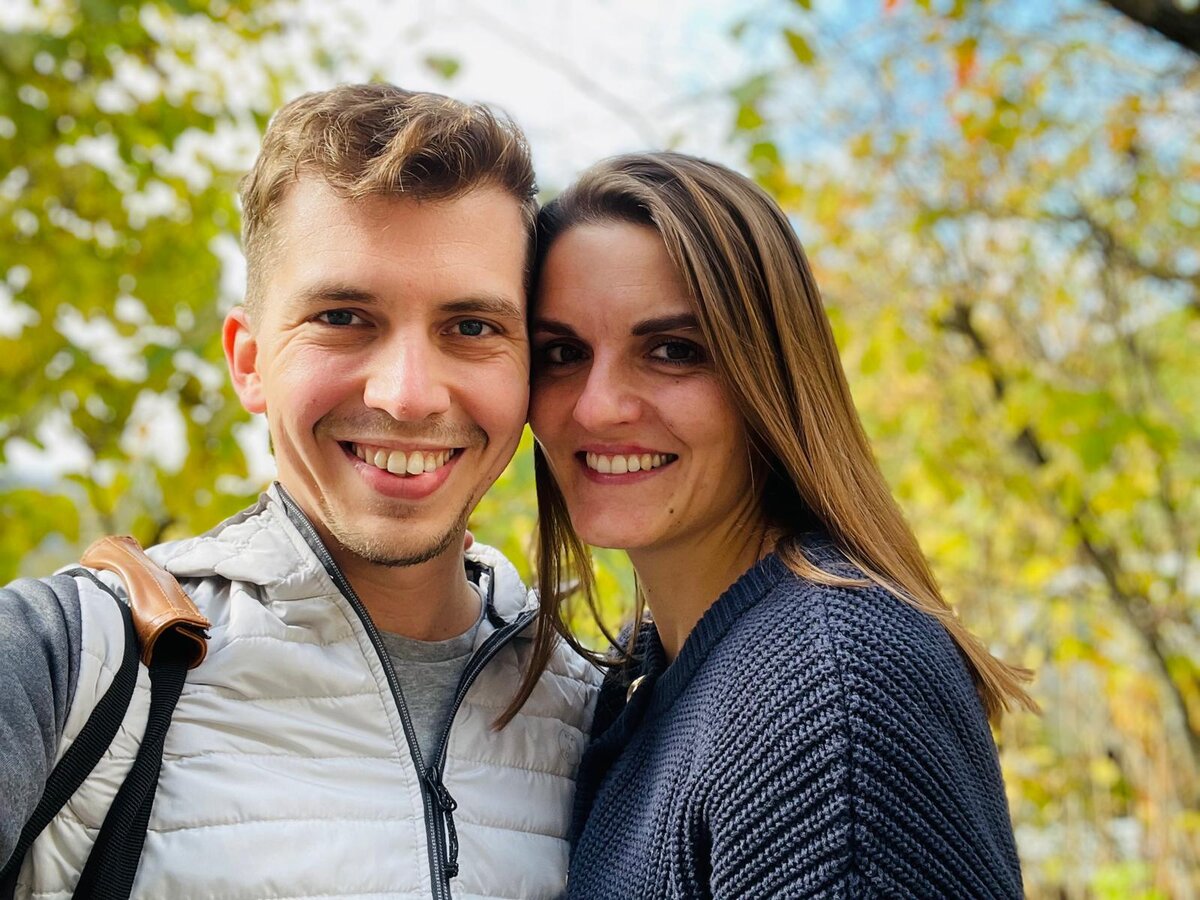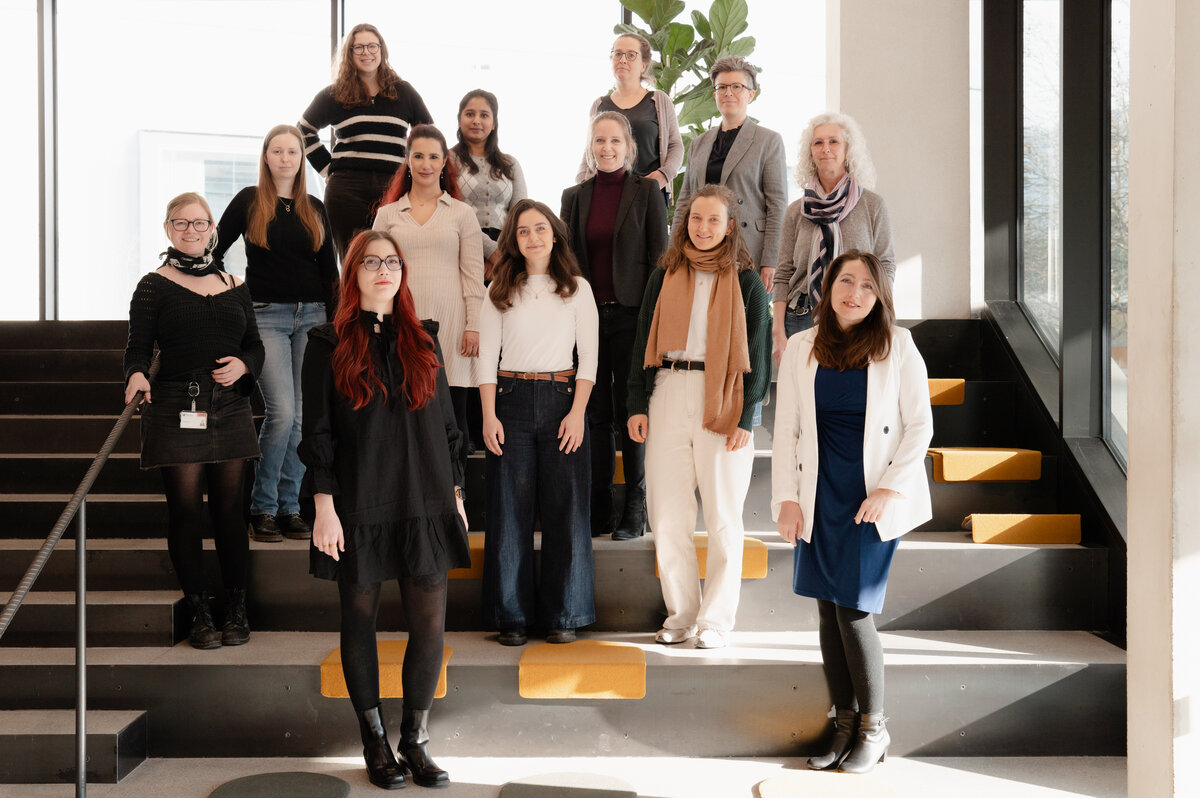APOLLO project: How research is helping to design a future worth living in the Alpine region
06.10.2025
"For me, a future worth living is created where work, family and community come into harmony - and research finds ways to make this balance possible," says Florian Maurer, project manager in the Interreg Alpine Space project Apollo at the FHV's Business Informatics research center.
The world of work is changing - and with it our idea of quality of life. Digital technologies, flexible working models and new social values are shifting the boundaries between work and private life. Employees want more creative freedom, meaning and compatibility, while companies and regions are faced with the challenge of creating attractive and sustainable framework conditions.
So how can we design work in such a way that it is not only productive but also fulfilling and that quality of life does not depend on where you work?
These questions are at the heart of the Interreg Alpine Space project Apollo, which is researching in the Alpine region how digitalization and social innovation can go hand in hand to rethink work, life and community.
The APOLLO project:
research for well-being in a digital working world The APOLLO project, funded by Interreg Alpine Space, focuses on improving the well-being of the working population. A central aspect is the exploration of digitalization as a tool to foster social innovation in order to address current trends, challenges and opportunities in the world of work.
The project addresses key issues that are becoming increasingly important, particularly in the Alpine region:
- the compatibility of work and private life in times of increasing flexibility,
- demographic change and the growing importance of family support,
- the integration of digital health solutions (e-health),
- as well as the increase in remote and flexible working models, which place new demands on occupational and social well-being.
In addition, APOLLO promotes cooperation between companies, public institutions and civil society actors. Digital tools are used to rethink human resource management, social support structures and regional support measures - with the aim of creating sustainable and scalable solutions for the Alpine region and beyond.
The project consortium includes research institutions, public administrations, small and medium-sized enterprises and adult education organizations in Austria, Germany, Italy and Slovenia. Together, they are developing pilot measures and policy recommendations that show how digitalization can become the engine of a more human and resilient working world.
Doren as a model region: research meets real life
The municipality of Doren in the Bregenzerwald, one of several pilot regions in the APOLLO project, shows what this research looks like in practice, demonstrating how scientific findings can be translated into concrete measures that improve people's everyday lives - from digital administrative services to new forms of working in the village.
The research results from Doren led to practical recommendations for action that show how municipalities, businesses and citizens can break new ground together:
- Coworking in the village center: the existing coworking space "Unser KleinWien" is being expanded as a regional hub. This will allow skilled workers to work in the region instead of commuting - while remaining socially connected.
- Promoting digital skills: Further training courses and mentoring programs strengthen the digital participation of all generations.
- Create family-friendly structures: Flexible childcare and parent-child workplaces improve the compatibility of work and family - an important location factor for skilled workers.
- Promoting community: Informal formats such as "remote lunches" or digital get-togethers show that working from home does not lead to isolation.
- Digitize administration: Online consultations and virtual citizen services save time and travel. They show how digitalization facilitates access to public services.
Doren is thus becoming a "living lab" for the question of how rural regions can use digital technologies to strengthen social structures and ensure quality of life.
Relevance for the region and society:
research as a driver for the future The findings from the Apollo project go far beyond individual municipalities. They show how research can provide impetus for sustainable location development and how regional quality of life can be secured through intelligent digital solutions.
"For Vorarlberg in particular, where quality of life, innovative strength and community are closely linked, the project provides valuable impetus - from securing skilled workers to new working models and strengthening regional social structures," summarizes Florian Maurer.
In this way, a future worth living is not created by chance, but through targeted cooperation between research, Business and Management and society - in the Alpine region and beyond.
Find out more & help shape the future
The APOLLO project shows that research has a concrete impact when it connects people, regions and organizations.
Further information on the project can be found in the Apollo newsletter: Interreg Alpine Space Project Apollo: Project Newsletter No. 2
If you are interested in carrying out further pilot projects, please contact:
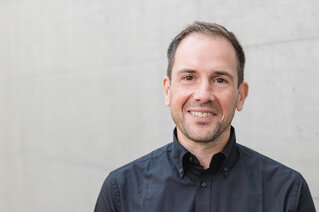
Dr. rer. pol. Florian MAURER, BA, MA
Scientist Forschungszentrum Business-Informatics
+43 5572 792 7128
florian.maurer@fhv.at
